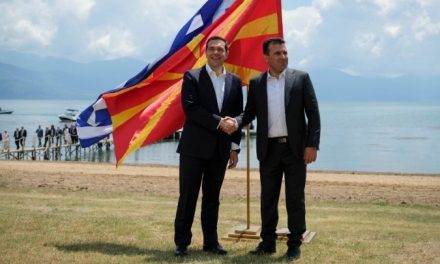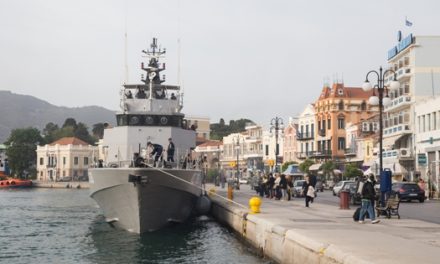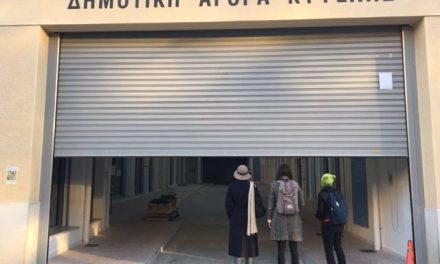More than 2 million displaced people have arrived on Europe’s shores since 2015, with many of them entering through Greece. At the same time, most tech executives agree that there’s a shortage of talented software engineers and programmers, predicting that the problem will become more pressing over the next few years. Taking these facts into account, some initiatives have risen, aiming to make the best use of the available workforce while at the same time helping people in need to make a new start. This is how groups like Social Hackers Academy and Revive Greece have come into existence.
Social Hackers Academy is a non-profit organisation based in Athens, Greece, with the mission to educate refugees and vulnerable groups, help them find work and become integrated within their new environment. REvive Greece is also an NPO with a mission to help refugees and migrants integrate into the receiving countries by teaching them computer programming and connecting them with young European entrepreneurs.
 Social Hackers Academy is the first initiative of this kind in Greece, following the example of institutions abroad. The offer a Coding School: a full stack web development course. To apply, one must be a registered refugee or asylum seeker, or an EU resident who has been unemployed for at least 12 months. The course lasts for 6,5 months, and applicants need no previous experience in the field – they must, however, master English at a good level. Students are taught how to use programmes such as HTML, JavaScript, CSS, Node etc. and, most importantly, consult experienced professionals from the field and learn problem solving techniques. After finishing the course, one is considered a junior level web developer, but is already in position to take up a job.
Social Hackers Academy is the first initiative of this kind in Greece, following the example of institutions abroad. The offer a Coding School: a full stack web development course. To apply, one must be a registered refugee or asylum seeker, or an EU resident who has been unemployed for at least 12 months. The course lasts for 6,5 months, and applicants need no previous experience in the field – they must, however, master English at a good level. Students are taught how to use programmes such as HTML, JavaScript, CSS, Node etc. and, most importantly, consult experienced professionals from the field and learn problem solving techniques. After finishing the course, one is considered a junior level web developer, but is already in position to take up a job.
SHA are financially supported by Greek venture capitalists and have also received money through a crowdfunding campaign. Its activities are held in two locations, in Athens and Crete. The Athens department is hosted at the BIOS Romantso Incubator, a hub offering office spaces for rent and a variety of services, targeted to start-up companies within the creative industry.
 Revive Greece also operates within this field, focusing primarily on distance education, via the e-Learning platform Match & Teach Me for Integration. In order for someone to attend the course, apart from basic English knowledge, access to a smartphone is a prerequisite. The organisation converts these devices into “micro-computers”, with the use of some essential equipment provided for free. They use a combination of recorded video courses and real-time interaction with mentors through web chat, and the course lasts for six months. In fact, thanks to this e-Learning platform, REvive Greece was among the 5 winners of the 2017 Civil Society Prize, awarded by the European Economic and Social Committee.
Revive Greece also operates within this field, focusing primarily on distance education, via the e-Learning platform Match & Teach Me for Integration. In order for someone to attend the course, apart from basic English knowledge, access to a smartphone is a prerequisite. The organisation converts these devices into “micro-computers”, with the use of some essential equipment provided for free. They use a combination of recorded video courses and real-time interaction with mentors through web chat, and the course lasts for six months. In fact, thanks to this e-Learning platform, REvive Greece was among the 5 winners of the 2017 Civil Society Prize, awarded by the European Economic and Social Committee.
They have also set up Code Camp, a brick-and-mortar coding school which both uses and complements the e-Learning platform. Experienced educators and software engineers volunteer as teachers, and each student is also provided with a laptop to use in class, and are trained under real conditions. Mentors can also offer assistance through web conference when a problem occurs.
N.M.
Read more via Greek News Agenda: Refugees in Greece: Integration efforts, remaining challenges; Rethinking Greece: Lina Venturas on Greek migration, population movements and integration policies for refugees; Health care and children’s education are Greece’s priorities for refugees; Online language classes for asylum seekers on Lesvos














